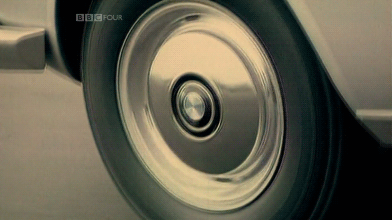Earlier this week, Elon Musk made this provocative comment about a future in which autonomous automobiles have been perfected: “People may outlaw driving cars because it’s too dangerous.” A good deal more work needs to be done before robocars are finished, but as Emily Badger writes in the Washington Post, no such legislation would be required in Musk’s scenario. An excerpt:
What Musk hasn’t considered, though, is that the importance of public safety here will no doubt bump up against another equally prized American value: individual freedom. And when the two conflict, we don’t always chose the former. We chose, for instance, to allow widespread private gun ownership in America, despite its costs in gun violence and the prevalence of accidents.
Your right to drive a car isn’t protected by a constitutional amendment. But it’s a form of freedom that’s deeply engrained in American culture. It’s hard to imagine lawmakers ever taking it away, even in the face of persuasive safety data. Like with vaccines, driverless cars may one day create a kind of herd effect short of 100 percent adoption, and maybe we’ll live with that. Maybe the cars that will be driven by computers will be able to compensate for the bad decisions of cars driven by humans.
All of this is a case for why lawmakers probably won’t ban human driving. But that doesn’t mean the private market won’t effectively do the same. Fifty years from now, if you still want to drive your vintage 2021 Camry onto a highway humming with autonomous cars, you may have a very hard time finding insurance to do that — that is, if you can still find the car.•
Tags: Elon Musk, Emily Badger

